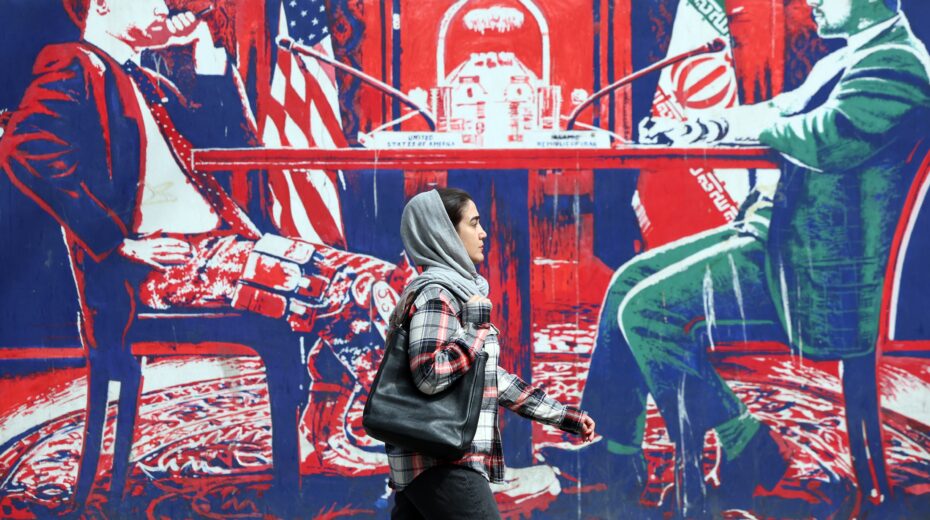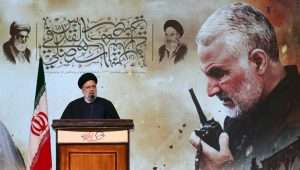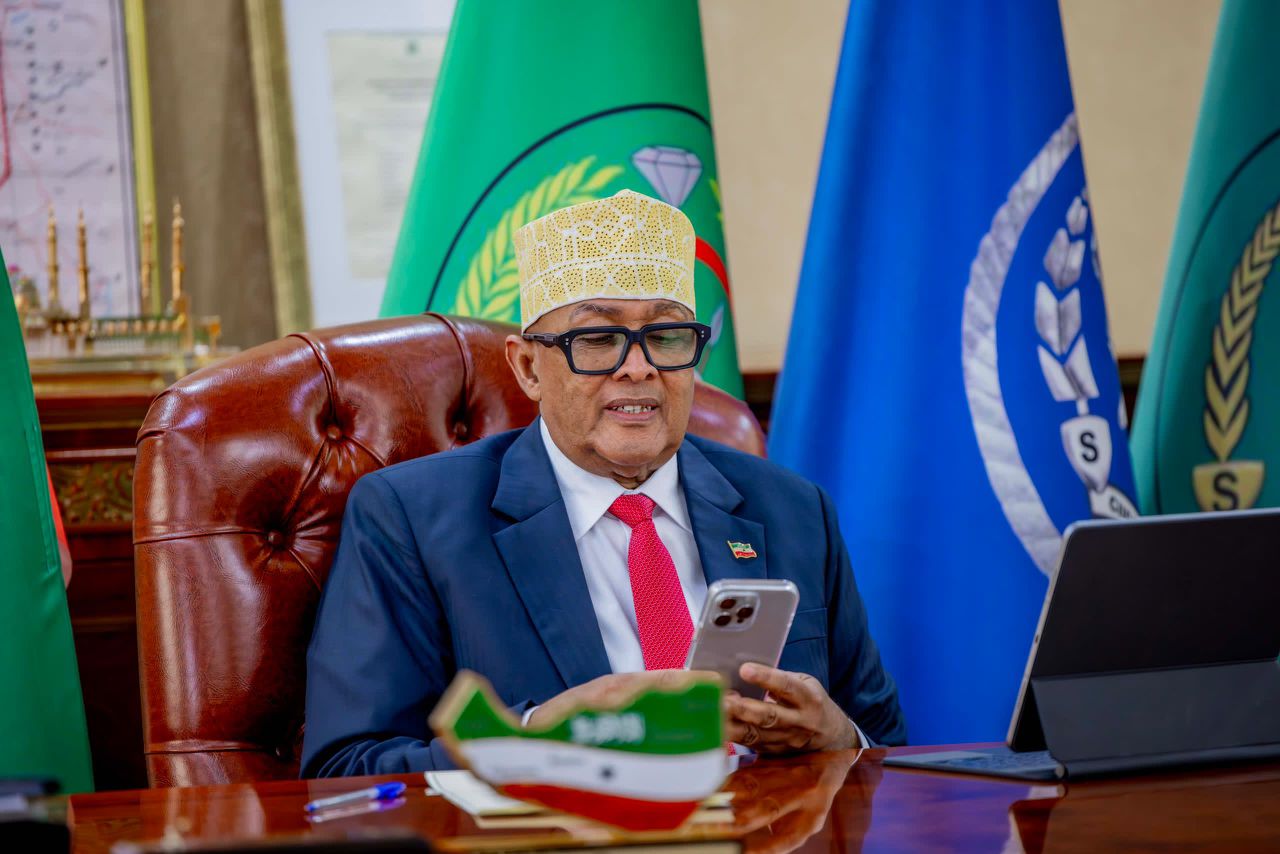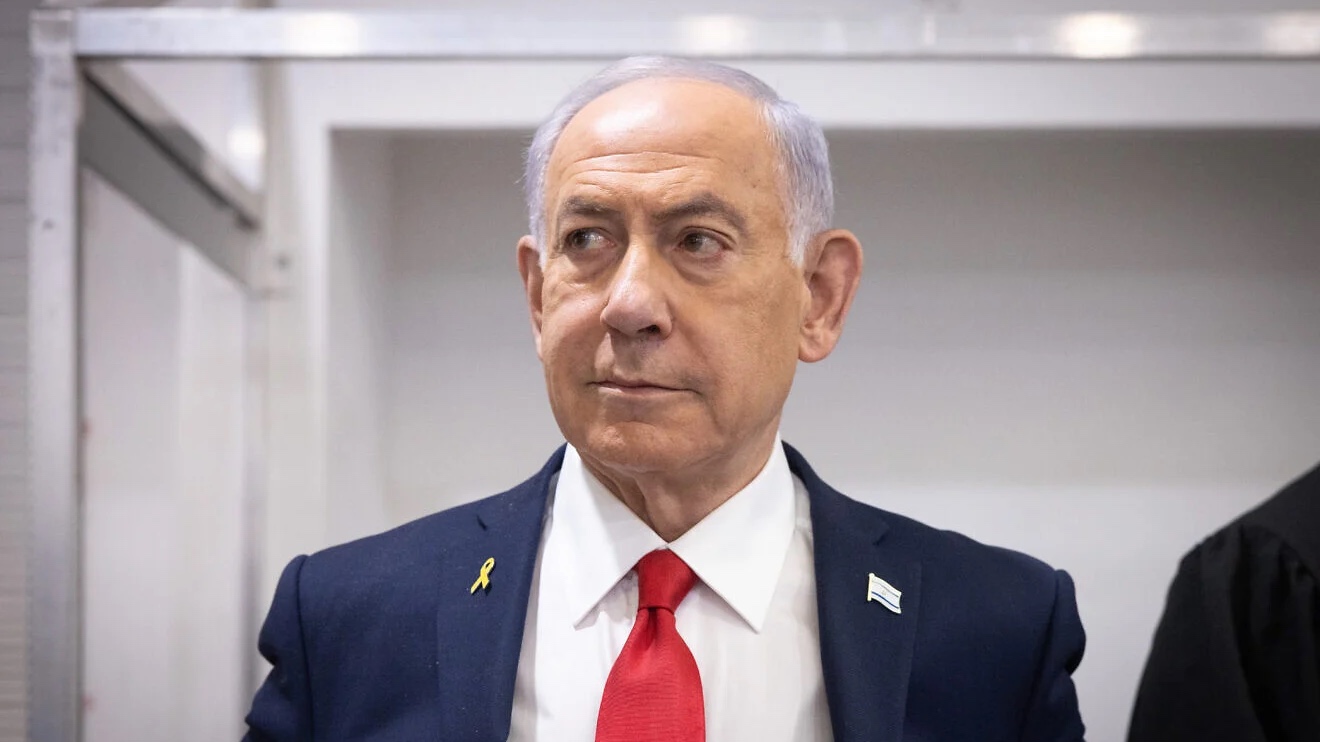On a dramatic weekend on the diplomatic stage, the United States and Iran are set to begin direct talks this Saturday. The meeting is expected to take place in the Sultanate of Oman on the Persian Gulf, where President Donald Trump’s envoy Steve Witkoff is supposed to meet with Iranian Foreign Minister Abbas Araghchi.
The meeting follows an ultimatum from Trump to Iran’s Supreme Leader Ali Khamenei. An agreement on the complete dismantling of the Iranian nuclear program must be reached within two months. The Iranian side initially stated that it was only willing to have indirect contacts mediated by Oman. Trump, on the other hand, speaks of a direct dialogue. Tehran continues to deny having agreed to direct talks but shows itself generally open to diplomatic steps—however, not under threats. Whether it will ultimately be direct or indirect negotiations should become clear within hours.
In Israel, it is assumed that the Americans will not be stalled and have set a deadline of a maximum of two months for the process. However, a US official said that the talks would last “as long as necessary.”
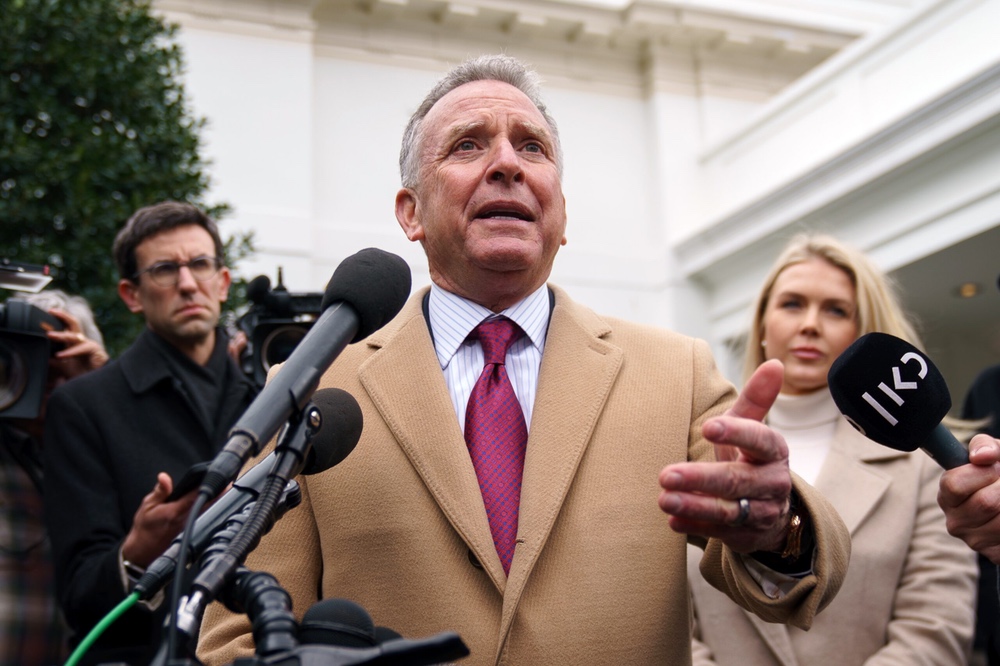
US intelligence agencies, quoted in the Wall Street Journal, report that Iran now has enough fissile material to build a nuclear bomb within a few weeks. This increases the pressure for a quick agreement. In Washington, it is believed that further delay could lead to an Israeli military action—with the risk of regional escalation.
The New York Times quoted Israeli officials as saying: “Any agreement that does not provide for the complete dismantling of the enrichment infrastructure is unacceptable.” Nevertheless, Iranian media indicate a certain willingness to talk—triggered by economic pressure and international isolation.
Analysts speak of a rare but fragile moment. A successful conclusion could lead to a new agreement, possibly in a revised form of a deal similar to that of 2015. Trump, in any case, is aiming for an agreement that is better than the deal under Obama—without loopholes. Failure, on the other hand, could lead the region into escalation on multiple fronts.
The differences remain significant: Tehran seems to be aiming for an updated version of the Obama agreement, which limited the amount of fissile material. The US, on the other hand, demands the dismantling of the entire enrichment infrastructure, an end to the missile program, and the cessation of support for Hamas, Hezbollah, and other proxies.
At the meeting between Prime Minister Benjamin Netanyahu and Trump, the so-called “Libya model” was discussed in detail: the complete dismantlement of all nuclear facilities and ballistic missiles—under US supervision. Netanyahu urgently warned about Iran’s well-known tactic of endlessly dragging out negotiations.
In a cabinet meeting, the Prime Minister informed his ministers that Israel had been informed in advance about the US-Iran talks. The Americans had explicitly asked Israel what, from its perspective, an acceptable deal would look like. Netanyahu stated that only a complete dismantling of the nuclear program could be the basis for an agreement. Trump shares this view and has set a clear ultimatum.
Trump himself threatened Tehran again and told reporters: “If Iran does not want an agreement, there will be military measures—and Israel will take the lead.” At the same time, he emphasized: “No one leads us. We do what we think is right. But it is clear: Iran must never come into possession of nuclear weapons.”
In Israel, there is secret hope that the negotiations fail—so that a credible military option remains on the table. Many experts consider Araghchi a dangerous professional who could shape an agreement in such a way that Iran could still get the bomb later—possibly after Trump’s departure.
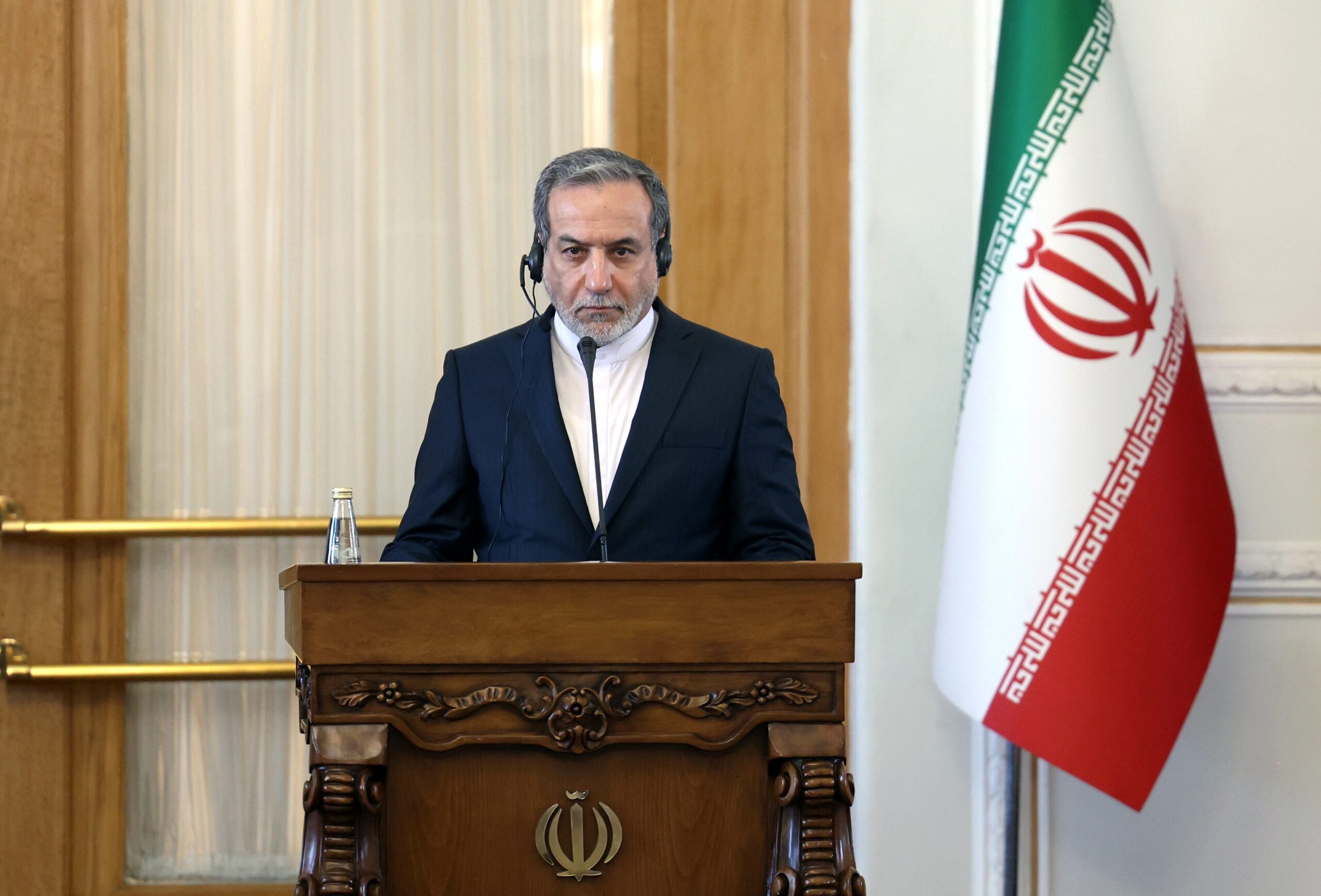
An Israeli official put it this way: “This may be a missed opportunity. The Iranian defense apparatus is weakened like never before. Now would be the right moment to effectively destroy the nuclear infrastructure—with calculable risk.”
Meanwhile, the Israeli army continues its operation in the Gaza Strip. The so-called “Shoulders” plan aims at territorial control and displacing the civilian population to Al-Mawasi. Approximately 40 percent of the Gaza Strip is now under Israeli control. The goal: to force Hamas into hostage negotiations through military pressure.
In the Israeli security cabinet, there is agreement that the pressure is not sufficient. Ministers like Itamar Ben-Gvir are calling for a large-scale ground offensive. Miri Regev and Bezalel Smotrich also advocate for a tougher approach. The Prime Minister supports this line.
In parallel, the Trump administration is working behind the scenes on a comprehensive hostage agreement, which is part of a larger Middle East plan. US representatives informed the families of the hostages that the hostage issue was at the top of the agenda during Trump’s meeting with the Prime Minister. The goal is a comprehensive deal that will lead to the end of the Gaza war and normalization with Saudi Arabia. The talks with Iran are a component of this overall plan.
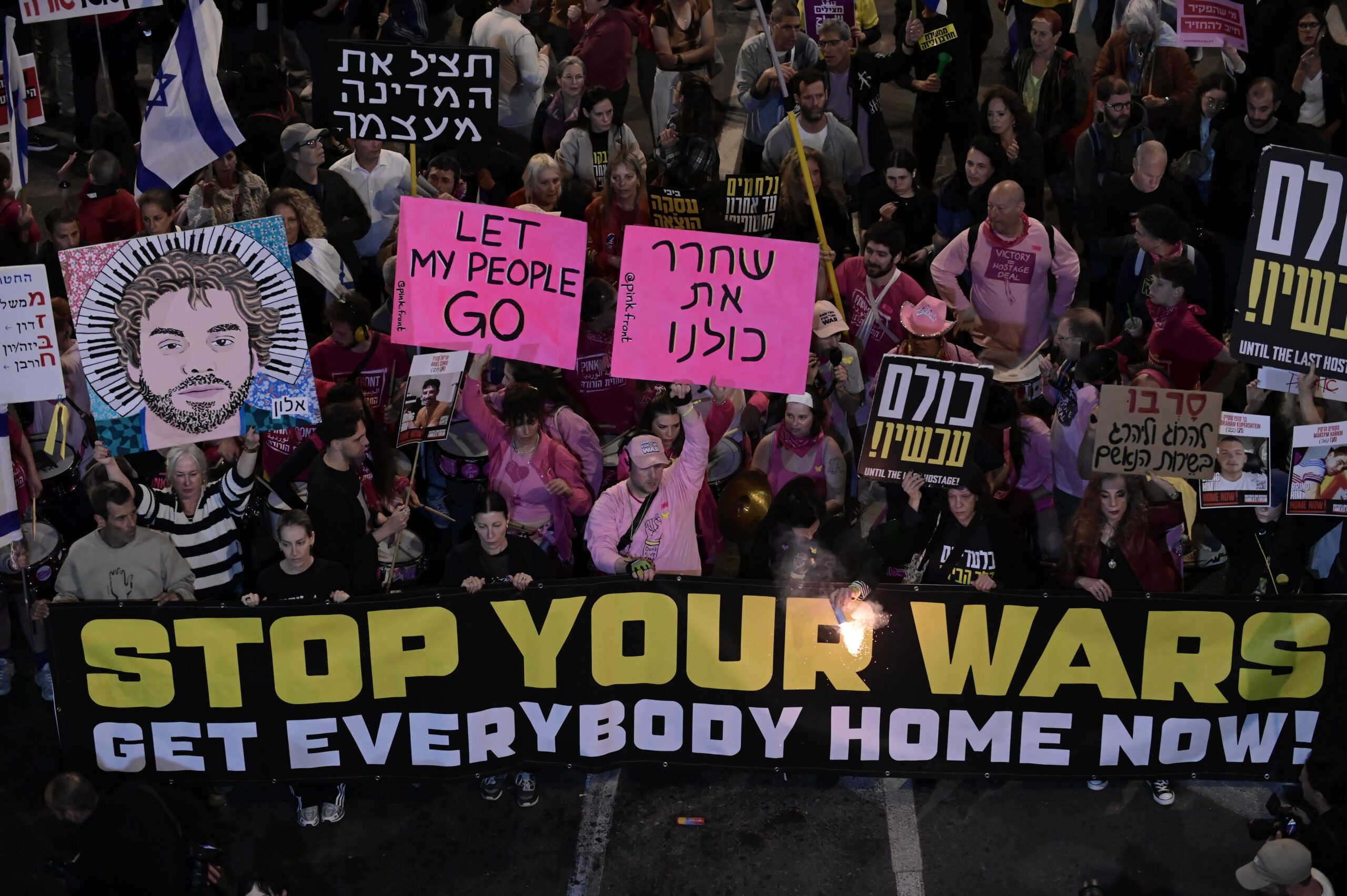
The Americans are not satisfied with phased solutions and are pushing forward an initiative that should be acceptable to both Israel and Hamas. Israeli sources report that Trump is still giving the Prime Minister some leeway to continue the military operation—but not for long: perhaps two to three weeks. Then he wants an end to the war. For him, this is inseparably linked to a comprehensive solution to the hostage issue. Witkoff told the families of the hostages that a very serious agreement is being prepared—and it is only a matter of days.
A senior Israeli representative stated that several drafts have been exchanged between Israel and Egypt. They are intended to mediate between the Egyptian proposal and the Israeli position—but so far, no agreement has been reached.
Want more news from Israel?
Click Here to sign up for our FREE daily email updates


